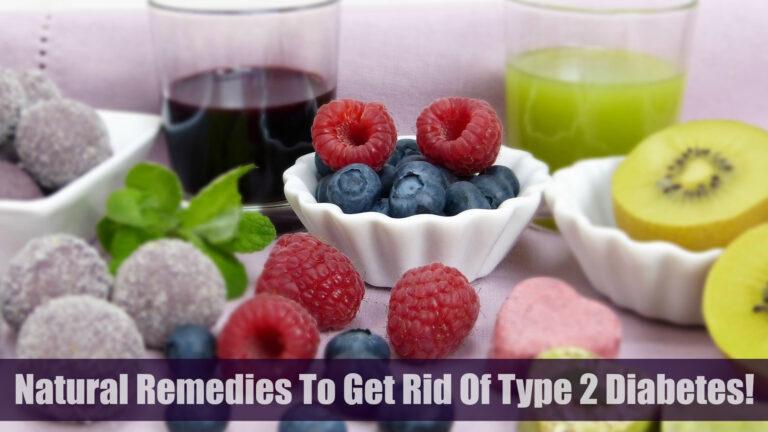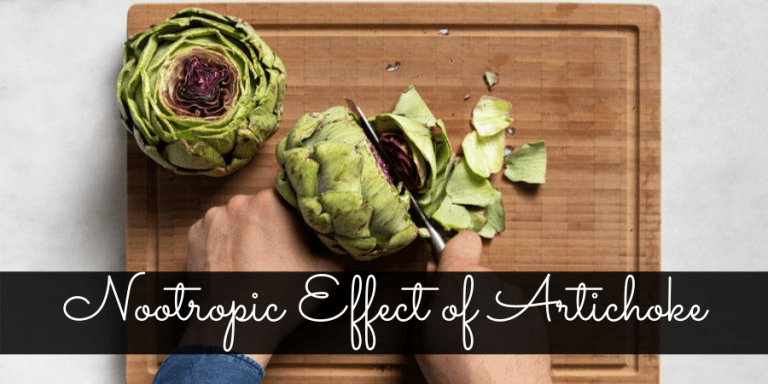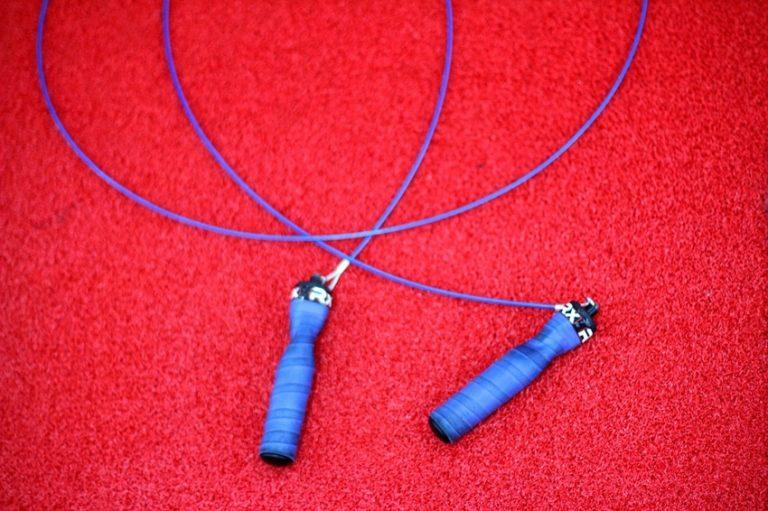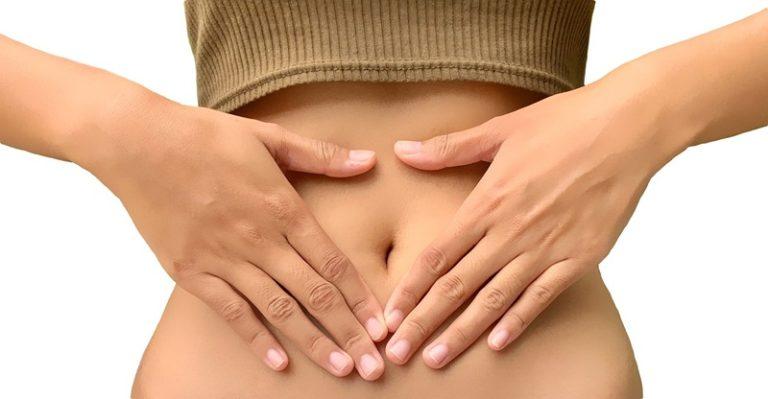What are Probiotics Good For? Specifics and Facts
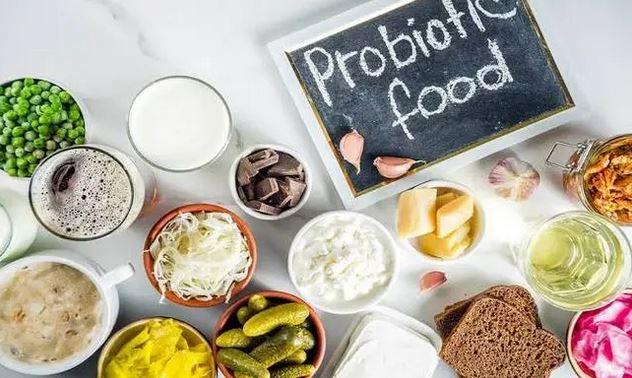
June 26, 2025 by Robert Dowling | Fact Checked by Karen | Medically Reviewed by Dr. Bruce
What are Probiotics Good For? Probiotics are the new craze in the nutritional food list, and users are always asking and searching for more information about them. So, what does a probiotic do when we consume it on a daily basis?
What are the key benefits we get from probiotics and how do probiotics work? These probiotic supplements are very well discussed in the below article that provides the informational facts about probiotics.
So, let’s get started to learn more about good probiotics!
What are Probiotics Good For? – An Overview

Basically, probiotics are live bacteria and yeast that work to eliminate bad bacteria from our system. These supplements are helpful in maintaining a good balance between the bacterial life cycle of our body.
These can be seen as the combination of yeast and bacteria that are produced in a natural manner inside our body. Our body contains two types of bacteria: the good one and the bad one. The percentage of good bacteria helps in keeping our body healthy and active.
To understand more about probiotics, we have to understand some biological terms like microbes and microbiomes.
What is Microbiome?
The microbiome is the hub of all kinds of microbes that include:
- Bacteria
- Viruses
- Fungi
The microbiome supports the various communities of the microbes that are essential for the sustainability of our gut health. These help in regulating the immunity power and the better digestion of our food. These bacteria are also helpful for the production of nutrients like:
- Vitamin B12
- Thiamine
- Riboflavin
- Vitamin K
How to Improve the Probiotic through Microbiome?
The microbiome consists of uncountable living microbes inside our gut, that are helpful for the release of some good chemicals like serotonin that make our mood calm and happy.
So here are some ways through which one can have a better activated microbiome so that the percentage of probiotics can increase:
Fiber-based fruits and vegetables are a must for gut bacteria.
An individual can have a fiber-based diet that helps in the production of good bacteria in the body. Some of the vegetables that help in growing bacteria are:
- Onions
- Broccoli
- Spinach
- Asparagus, etc.,
Include a Complex Sugar based diet
We must avoid those sugary foods that have a high percentage of monosaccharides that affect the lining of our intestine, leading to the inflammation problems inside our gut:
So instead of having simple sugar, replace it with a complex one like:
- Coconut flour
- Bananas
- Mango
- Sweet Potatoes
Include all of the dietary sources.
One can also include prebiotics in their diet list or can have the common dietary sources stocked in their kitchen, like:
- Whole Grains
- Apples
- Onions
- Garlic
- Bananas
- Chickpeas
Include fermented food in your diet
Fermented foods are really beneficial and your gut’s best friend as these foods are gut-friendly and are produced through controlled bacterial growth.
This helps in improving our immunity level and weight loss management. It also works as an anti-inflammatory protection.
Here are some of the selected fermented foods that can be included:
- Kombucha
- Kefir
- Kimchi
- Tempeh
Where do Beneficial Probiotics live?
Probiotics are made to live in the large intestine or inside the gut, but yes, there are also lots of areas inside our body where microbes reside:
- Gut
- Mouth
- Vagina
- Lungs
How do Probiotics Work?
When a person starts taking the probiotic, it gets inside the small intestine, and some small number of bacteria start developing inside the large intestine. The factors that suit the life of probiotics are mainly determined by the following things:
- oxygen level
- PH level
- Acidity level
- Microbiome type
It has been discovered that probiotics activate at a slightly acidic level; they normally prefer to live in pH levels of 1.5 or higher, so a balanced gut ecosystem causes more probiotics to be produced.
These probiotics then multiply themselves and there starts a fight between the bacteria and those toxic pathogens that live inside the gut for food and shelter.
If the percentage of probiotics is greater than the pathogens, the gut microbes increase the better digestion and improve gut health. This also helps in the production of better supplementation like vitamins and short-chain-fatty acids.
How do I know if I need Probiotics?
How to know if someone needs probiotics? The answer is simple: they aid in balancing the bacterial cycle and boosting our immunity, allowing us to improve our gut health.
Before taking probiotics, one should pay attention to the signs; the body will tell you when probiotics are needed right away!
- One is constantly falling ill.
- One has an improper digestive system.
- One always has this seriously bloated problem.
- One may feel weakness.
Who should not take Probiotics?
Microbes in the internal gastrointestinal tract that determine microbial system imbalance; these probiotics are used to reduce gastrointestinal problems, and many probiotics help to treat infection and gut microbiota.
People who have skin-related problems have them because, according to some reports.
People who took probiotics were reported to have skin-related problems and rashes.
Some people have an allergy to lactose or any soy products, so they can avoid the probiotics.
Others have experienced bacterial and fungal infections according to a review as the outcome of taking probiotics. Therefore, one must be careful while taking probiotics.
Some intestine bacterial overgrowth was seen as the result because the large intestine mostly contains anaerobic bacteria as a result of anaerobic action.
Conclusion
Probiotics are called the gut’s doctors because they are the healthy gut strains that help to maintain a balance between the gut and immunity power. Also, they are responsible for better digestion of food.
But choosing a high quality probiotic like Biofit or Exipure will always keep you active, and these two brands come in a wide range of excellent gut health products that you can review on our website.
Most probiotics contain beneficial bacteria that aid their host partner in maintaining a healthy gut microbiota and restoring intestinal health.
Therefore, probiotics are very essential, but one must be careful about their risks and allergies before taking them as a dietary meal.


